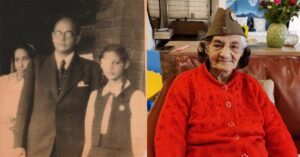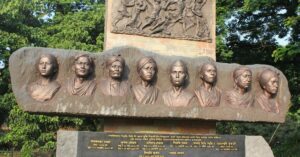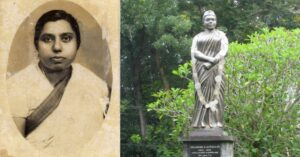Surya Sen, The Unsung Braveheart Whose Spirit Even Shattered Bones Failed To Break!
“A dedicated band of youth must show the path of organized armed struggle in place of individual terrorism. Most of us will have to die in the process but our sacrifice for such a noble cause will not go in vain."
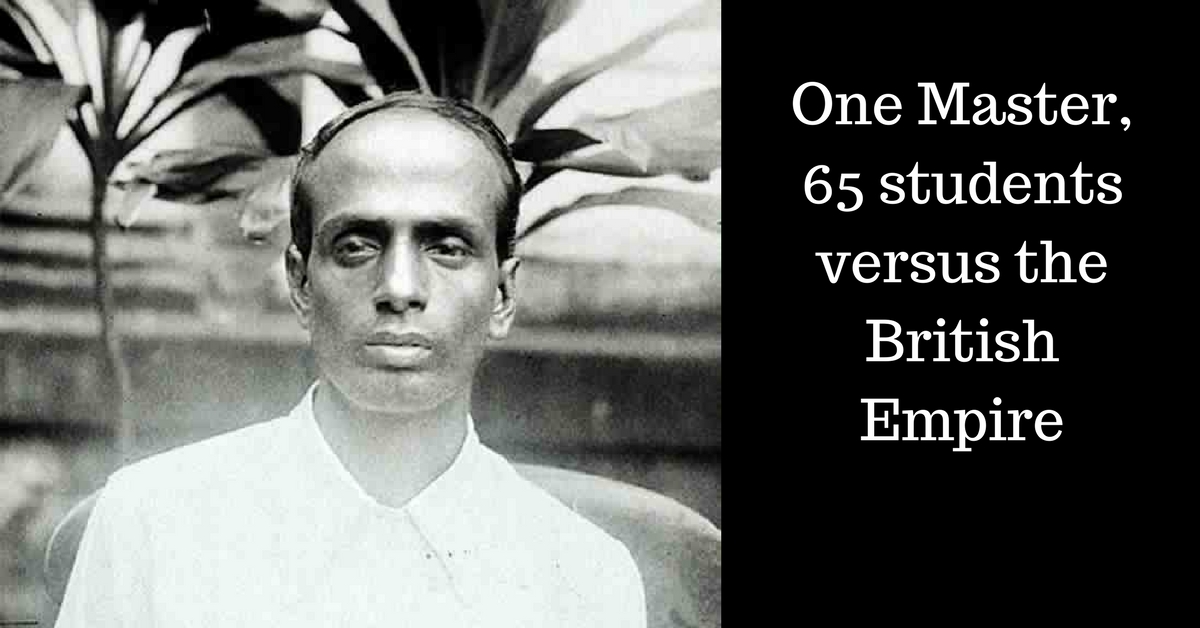
To honour this nation’s Independence Day, we bring you the fascinating stories of #ForgottenHeroes of #IndianIndependence that were lost among the pages of history.
“Surya Sen, a brilliant and inspiring organizer, was an unpretentious, soft-spoken and transparently sincere person. Possessed of immense personal courage, he was deeply humane in his approach. He was fond of saying: ‘Humanism is a special virtue of a revolutionary.’”, writes noted historian Bipin Chandra in his book India’s Struggle for Independence 1857-1947.
Following incidents of brutality at the hands of the British colonialists, including the infamous Jallianwala Bagh massacre of April 1919, a revolutionary strand in the Indian freedom struggle took hold in primarily Punjab, Uttar Pradesh, Bihar and Bengal. Imbued with the spirit of the working class struggles in Europe and the Bolshevik Revolution, these revolutionaries sought to light the spark of armed revolution against the British.
Surya Sen was a leader among these revolutionaries, a former school teacher fondly known as ‘Master Da’, from Naopoara in Chittagong (in modern-day Bangladesh).
His first serious intellectual encounter with the Indian freedom movement came during his stint as an undergraduate at Berhampore College in 1916. Inspired by one of his teachers, he joined the Anushilan Samity, a revolutionary organisation founded by another Bengali revolutionary – Sarat Chandra Basu, which propounded violence as the means for ending British rule in India.
He also worked closely with Chittaranjan Das, another freedom fighter who led the Non-Cooperation Movement in Bengal, and a strong advocate of non-violence.
While this was going on, the real change came after Sen was arrested for two years from 1926 to 1928 for anti-British activities.
Following his release from jail, Sen embarked on a mission which would largely define his legacy in the Indian freedom struggle—the Chittagong Armoury Raid.
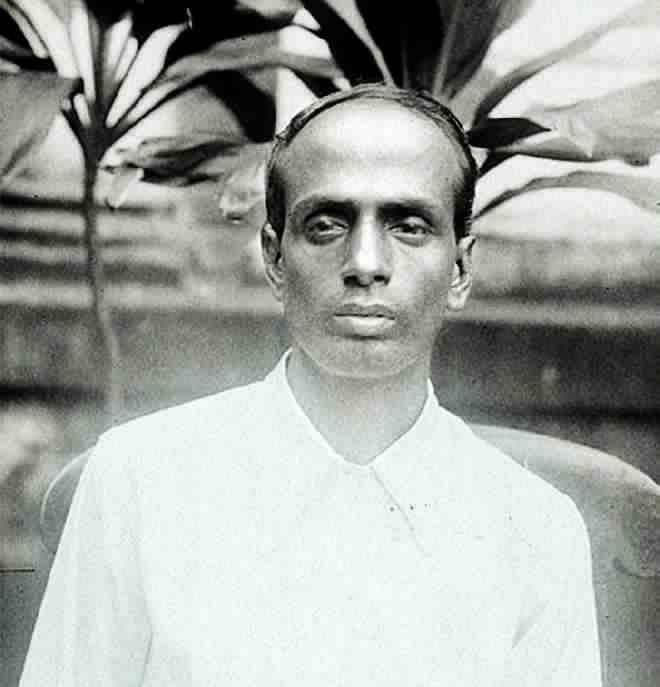
With his large band of young and passionate revolutionaries, which included the likes of Ganesh Ghosh and Lokenath Baul, Surya Sen decided to target the very organs of the British colonial empire in India.
His plan called for capturing two major British armouries in Chittagong and distributing weapons to other revolutionaries who could then establish an armed unit; dismantling the telephone and telegraph system to isolate the city, and finally breaking down the railway links between the city and the rest of Bengal.
Through this rebellion, Sen wanted to show others that it was possible to challenge the armed might of the British empire.
After extensive deliberations and planning, on the night of April 18, 1930, Surya Sen and his revolutionaries (under the banner of the Indian Republic Army) embarked on their mission with cries of ‘Inquilab Zindabad’ and ‘Down with Imperialism’. One group of six, led by Ganesh Ghosh, took out the Police Armoury, while the other of 10 members headed by Lokenath Paul captured the Auxiliary Force Armoury, which contained Lewis guns and .303 army rifles.
They did manage to cut off telephone and telegraph links and disrupted the movement of trains coming into Chittagong.
But despite capturing these armouries, the revolutionaries were unable to find ammunition! This was a defining moment with fatal consequences for the rebellion.
“In all, sixty- five were involved in the raid, which was undertaken in the name of the Indian Republican Army, Chittagong Branch. All the revolutionary groups gathered outside the Police Armoury where Surya Sen, dressed in an immaculate white khadi dhoti and a long coat and stiffly ironed Gandhi cap, took a military salute, hoisted the National Flag among shouts of ‘Bande Mataram’ and ‘Inquilab Zindabad’, and proclaimed a Provisional Revolutionary Government,” writes Chandra.
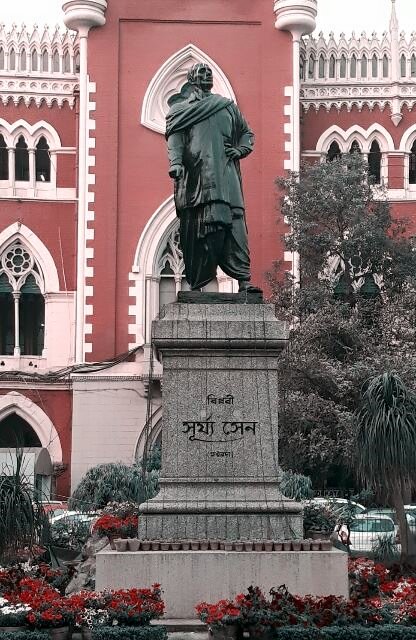
Without ammunition in tow, the revolutionaries understood that they couldn’t engage the British in an open battle. Knowing that they would get crushed in urban centres and open fields, they left for the Chittagong hills, looking for a safe haven.
On April 22, however, thousands of British army personnel caught up with them on Jalalabad hill and both sides engaged in a brutal standoff. In the ensuing battle, 12 revolutionaries and 80 British Army personnel died.
With no hope of victory in sight, Sen and his comrades escaped into the neighbouring villages where they divided themselves into smaller groups conducting guerrilla raids and surprise attacks on colonial personnel and property.
Stunned by Surya Sen’s actions, the British embarked on a series of brutal combing operations around the Muslim-dominated villages where the revolutionaries were in hiding.
Despite repressive British actions, these villagers didn’t betray Surya and his band. Instead hey offered them food, work and shelter for three years.
Eventually, Netra Sen, an associate of Surya Sen, informed the British that the revolutionary was hiding in his home, and on February 16, 1933, they arrested Sen.
In a brutal series of events, Netra Sen was subsequently beheaded for his betrayal.
Sen’s fellow revolutionaries were arrested soon and sentenced to many years in prison. Moments before his eventual hanging on January 12, 1934, Sen was brutally tortured by the merciless British.
There are reports of how his bones, limbs and joints were shattered with a hammer, in addition to having all his nails torn out. Despite all the torture, Sen’s spirit never broke.
“Death is knocking at my door. My mind is flying away towards eternity …At such a pleasant, at such a grave, at such a solemn moment, what shall I leave behind you? Only one thing, that is my dream, a golden dream-the dream of Free India…. Never forget the 18th of April,1930, the day of the eastern Rebellion in Chittagong… Write in red letters in the core of your hearts the names of the patriots who have sacrificed their lives at the altar of India’s freedom,” wrote Sen in his last letter to his comrades before his execution.
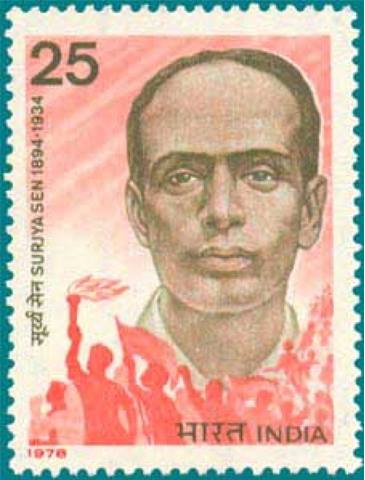
What was Sen’s impact on the Indian freedom struggle? “In the battle for India’s freedom, the Chittagong uprising of 1930 turned the tide, and brought in its wake a rising clamour for immediate Independence,” said Sir Samuel Hoare, British secretary of state for India (1931-35). Another official British publication spoke of how his actions “fired the imagination of revolutionary-minded youth” and “recruits poured into the various terrorist groups in a steady stream.”
“A remarkable aspect of this new phase of the terrorist movement in Bengal was (also) the large-scale participation of young women. Under Surya Sen’s leadership, they provided shelter, acted as messengers and custodians of arms, and fought, guns in hand. Pritilata Waddedar died while conducting a raid, while Kalpana Dutt (now Joshi) was arrested and tried along with Surya Sen and given a life sentence,” Chandra goes onto write.
His violent methods, despite receiving praise from other leaders of the freedom struggle, also received criticism with suggestions that they were outdated methods of fighting colonial forces.
Irrespective, it’s the spirit, courage, sacrifice and ideals Sen stood for that has preserved his legacy. It would be appropriate to conclude with Sen’s own words to his protégé and fellow freedom fighter Ananda Gupta.
“A dedicated band of youth must show the path of organized armed struggle in place of individual terrorism. Most of us will have to die in the process, but our sacrifice for such a noble cause will not go in vain,” Sen said.
On his birthday, one must remind Indians that such a man lived in our midst.
(Edited By Vinayak Hegde)
Like this story? Or have something to share? Write to us: [email protected], or connect with us on Facebook and Twitter.
NEW: Click here to get positive news on WhatsApp!
This story made me
-
97
-
121
-
89
-
167
Tell Us More
We bring stories straight from the heart of India, to inspire millions and create a wave of impact. Our positive movement is growing bigger everyday, and we would love for you to join it.
Please contribute whatever you can, every little penny helps our team in bringing you more stories that support dreams and spread hope.






